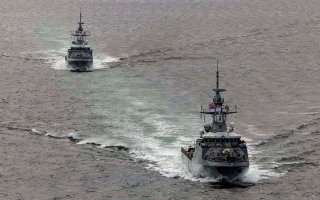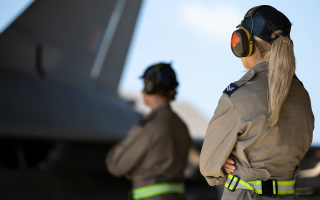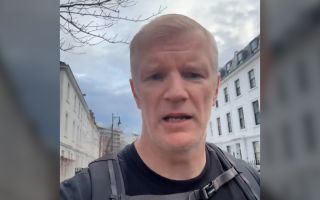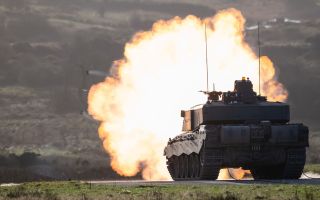Vital work unseen, but not unfelt as Armed Forces' first fast-track cyber warriors graduate
The MOD's first group of fast-track cyber specialists has graduated from Shrivenham as the Armed Forces work to tackle security threats in cyberspace.
Twenty-six men completed their training under the new Cyber Direct Entry Scheme.
This aims to bring in people with technical expertise who might not have otherwise considered joining the military.
Keyboard is the weapon, not the SA80
The new cyber operators won't be required to serve in dangerous environments and are not required to handle weapons.
Instead, the MOD says they will be starting critical cyber roles and addressing urgent capability gaps.
All 26 were new to the Armed Forces and joined from civilian backgrounds.
While this first group of cyber specialists were recruited into the Royal Air Force and Royal Navy, the next cohort aims to include those joining the Army too.
Those in the RAF now hold the rank Corporal, while those in the Royal Navy have the rank of Leading Hand.
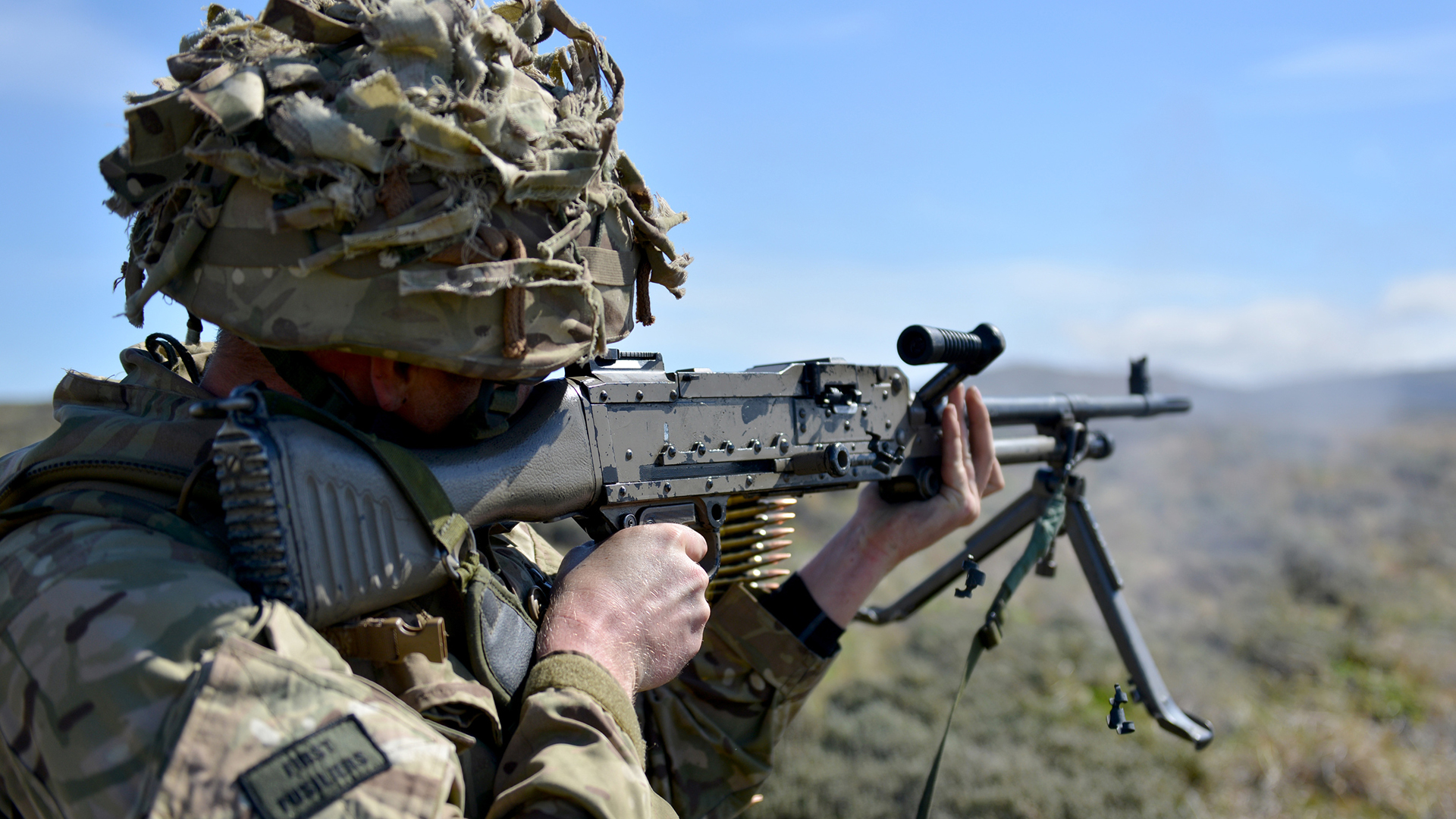
Why now?
"The keyboard has become a weapon of war" was the warning issued by Defence Secretary John Healey earlier this year when plans for this new cyber force were originally announced.
The 26 have undertaken an accelerated military training programme designed to bolster the UK's defences against escalating digital threats.
They will now go on to operational roles defending military networks and conducting cyber operations vital to national security.
The graduation took place at the Defence Academy at Shrivenham, near Swindon, but their identities are being protected for security reasons.
Applications have now opened for the 2026 scheme, offering over 30 training places.
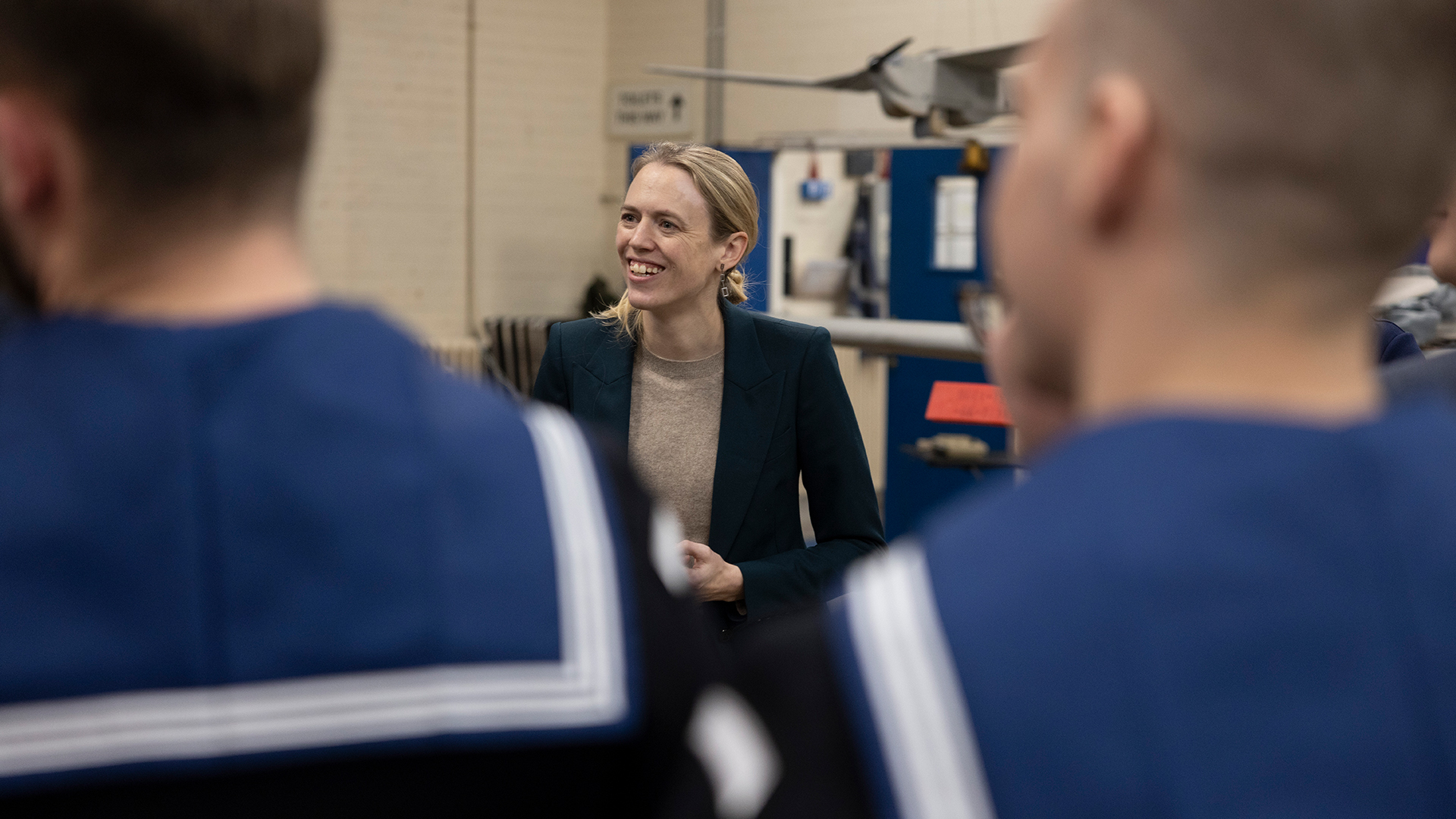
Unseen, but not unfelt
Veterans & People Minister Louise Sandher-Jones, a former Army officer, emphasised the importance of the work the new cyber specialists will be carrying out.
She told BFBS Forces News: "We have already seen over the past two years over 90,000 cyber attacks on this nation.
"And these graduates are going to be on the very frontline of defending our nation.
"I think it's quite important to say that a lot of the work that they will be doing will be unseen, for obvious reasons, but it will not be unfelt."
While they might not be operating in field conditions, Mrs Sandher-Jones said the cyber specialists would have to face a very different type of challenge.
"I obviously served in the Army myself," she said. "There are obviously the challenges that come from what we might consider to be the more obvious examples of being a soldier, like being out in the field.
"But actually the real challenges come when you have got a mission that you need to do that is critical to the safety of this nation."
With additional reporting by Mike Morton
:: Anyone interested in finding out more about the Cyber Direct Entry Scheme can click here.



